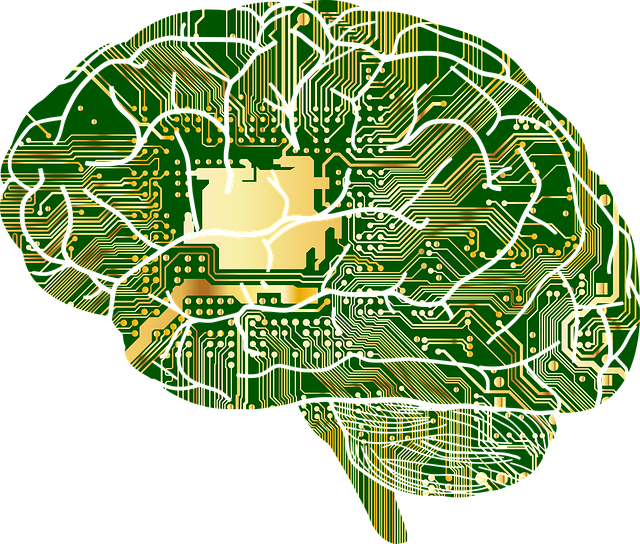ALS Treatment Breakthrough: In Medical First, Brain Implant Allows Amyotrophic Lateral Sclerosis Patient To Communicate Using Thoughts

One of the most devastating symptoms of amyotrophic lateral sclerosis (ALS) is its ability to slowly destroy people's ability to communicate even though their minds stay sharp and intact. A recent case study is raising hope for efforts to restore these abilities: a device implanted into the brain of an ALS patient has now given her limited communication skills in a home setting.
The implant is made up of probes inserted through holes in the skull which now sit on the woman's brain. The probes are connected to a device located under her skin on her chest which sends data to a tablet attached to her wheelchair, allowing her to type using only her thoughts.
Although the researchers admit the technique needs a lot of work — for example, it currently takes about 20 seconds for the patient to add a single letter to her words — it is a promising first step forward. According to Hanneke de Bruijne, the woman with the test implant, the device has allowed her to regain some of the independence she lost to her disease, despite its imperfections, CNN reported.
"This is a world first," Nick Ramsey, professor of neuroscience at the Brain Center Rudolf Magnus, and who led the research, told CNN. "It's a fully implantable system that works at home without need for any experts to make it work."
ALS is a neurodegenerative disease that works by destroying the neurons in the brain that communicate commands to the rest of the body, Healthline reported. When all the neurons are eventually destroyed, the patient becomes completely paralyzed, and may even need assistance with breathing functions. The ALS association estimates that more than 6,000 people are diagnosed with the condition in the U.S. each year, with 20,000 living with it at any one time.
Source: Vansteensel MJ, Pels EGM, Bleichner MG, et al.Fully Implanted Brain–Computer Interface in a Locked-In Patient with ALS. New England Journal of Medicine . 2016
Read More:
ALS Diagnosis At Age 30: What It's Like To Be A Young Lou Gehrig's Disease Patient, How The Ice Bucket Challenge Really Did Help: Read Here
Smoking And Lou Gehrig’s Disease: ALS Patients Who Smoke At Risk Of Shorter Lives: Read Here



























